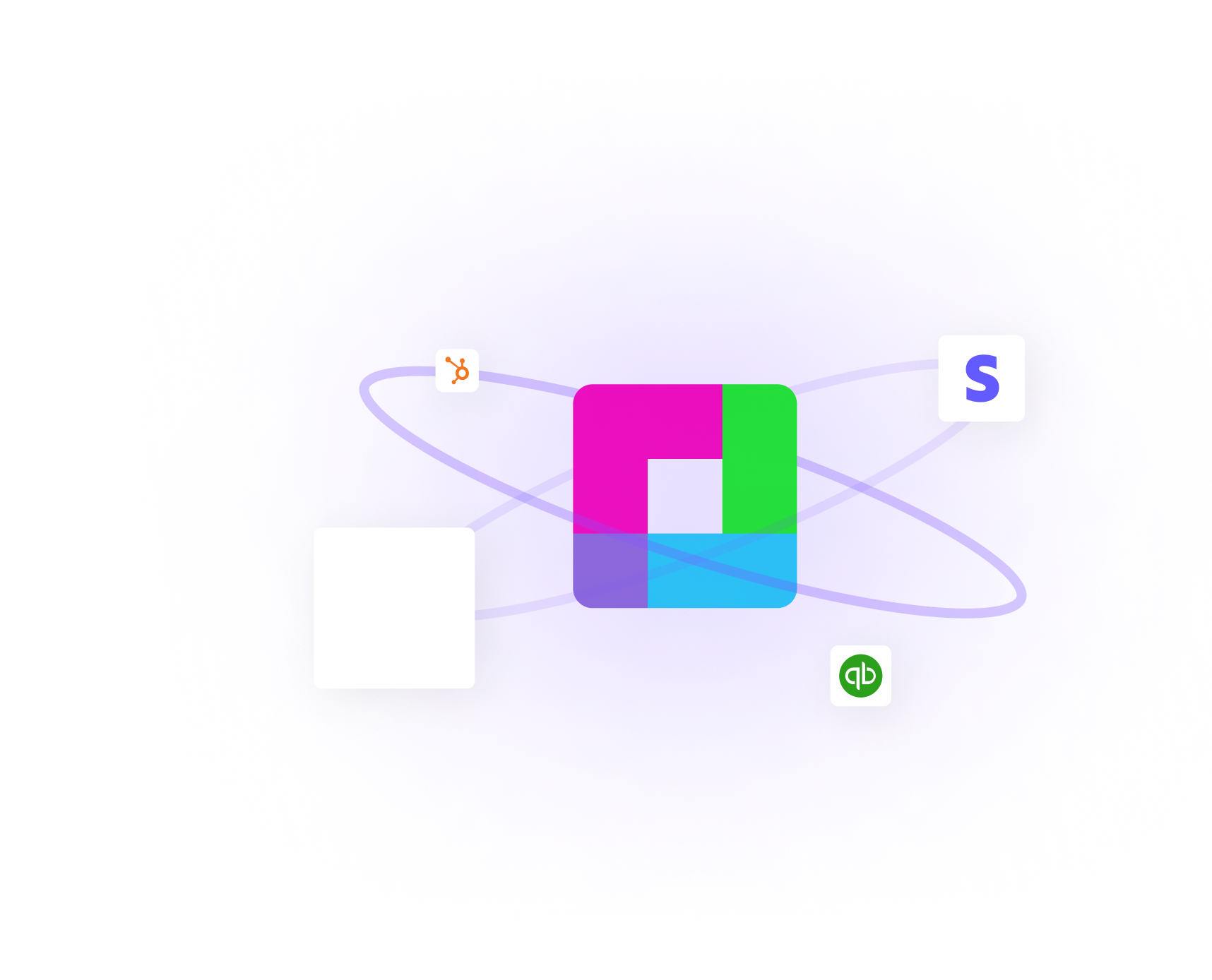
Overview
Welcome to the comprehensive resource on leveraging ETL (Extract, Transform, Load) tools for enhancing your Oncehub experience. Oncehub stands out as a no-code platform designed to streamline the scheduling and optimization of meetings, engaging audiences, and creating tailored meeting workflows. The integration of ETL tools further amplifies Oncehub's capabilities, particularly when it comes to the efficient management of data loading into spreadsheets. ETL not only automates and simplifies the transfer of data from Oncehub to other systems but also ensures accuracy, reduces expenses, accelerates data delivery, and maintains data integrity throughout the process.
On this page, we delve into the multifaceted role of Oncehub in meeting management and how ETL tools can significantly enhance this process by automating data handling. We will explore various use cases for ETL with Oncehub data, including reports scheduling, contact information collection, bookings monitoring, data warehouse maintenance, appointment trends analysis, campaign effectiveness evaluation, and visitor routing to specific booking pages. Additionally, we'll present Sourcetable as an alternative solution for Oncehub ETL needs and provide a comprehensive Q&A section to address common inquiries related to ETL processes with Oncehub data.
What is OnceHub?
OnceHub is a no-code meeting journey builder designed for professionals who require efficiency in scheduling and managing meetings. It is a versatile software tool that caters to both individuals and large teams, streamlining the process of organizing meetings, whether they are planned in advance or initiated impromptu.
With OnceHub, users can create custom meeting workflows to suit their specific needs. This includes the ability to share their availability through a booking link, allowing for easy appointment setting. OnceHub's user-friendly interface simplifies the experience of setting up meetings without the necessity for coding expertise, making it accessible to a wide range of users.
ETL Tools for OnceHub
OnceHub offers a suite of native integrations with a variety of calendars and CRM platforms, streamlining the ETL (Extract, Transform, Load) processes for its users. These integrations facilitate the seamless extraction of data from one application, its transformation into a compatible format, and the subsequent loading into OnceHub. With native integrations for popular calendar services, including Google Calendar, iCloud Calendar, Office 365 Calendar, and Exchange/Outlook Calendar, OnceHub ensures that scheduling and time management data flow effortlessly into its system.
In addition to calendar integrations, OnceHub enhances its ETL capabilities with integrations for leading CRM systems. The native integration with Salesforce allows users to efficiently manage their customer relationship data, while the integration with Hubspot streamlines marketing, sales, and service data utilization within OnceHub. Furthermore, OnceHub's native integration with Zapier extends its ETL functionality by connecting OnceHub to a multitude of apps and services, enabling users to create automated workflows and data pipelines that suit their specific business needs.
Streamline Your ETL Process with Sourcetable
For those seeking a straightforward solution to manage their ETL tasks, Sourcetable presents an exceptional choice, particularly when dealing with data from Oncehub. By choosing Sourcetable, you eliminate the need for a separate third-party ETL tool or the complexities of developing your own ETL processes. One of the key benefits of using Sourcetable is its ability to seamlessly sync live data from a variety of applications or databases, including Oncehub.
Sourcetable simplifies the ETL process by automating the extraction of data from multiple sources, transforming this data as required, and loading it directly into a user-friendly spreadsheet interface. This integration not only saves time but also allows for real-time data analysis and business intelligence without the need for coding expertise. Sourcetable's focus on automation and its spreadsheet-like interface make it an ideal solution for those who require a powerful yet accessible tool for their data management needs.
Common Use Cases
-
Redirecting booking confirmation data from OnceHub to a Google Sheet for centralized record-keepingO
-
Collecting data from an embedded OnceHub Booking page and storing it in a spreadsheet for further analysisO
-
Integrating OnceHub with client-side applications and using spreadsheets to track the data flow and usageO
-
Enriching customer profile data in a spreadsheet by extracting information through OnceHub ETL processesO
-
Organizing all booking activities from OnceHub in Google Sheets for easy access and managementO
Frequently Asked Questions
What do ETL tools do?
ETL tools automate the process of extracting data from various sources, transforming it into a useful format, and loading it into a destination system, ensuring data accuracy, consistency, and quality for improved decision-making.
What are some common transformations performed by ETL processes?
Common transformations include data conversion, aggregation, deduplication, filtering, cleaning, formatting, merging/joining, calculating new fields, sorting, pivoting, and lookup operations.
What is a staging area in ETL processes?
A staging area is an optional, intermediate storage space used for auditing, backup, and improving recovery and load performance. It allows for comparing input with output and storing extracted data immediately.
How do third-party ETL tools like SSIS simplify development?
Third-party ETL tools like SSIS offer faster and simpler development compared to SQL scripts, as they can be used by individuals with broad business knowledge, automatically generate metadata, and have predefined connectors for most data sources.
Why is logging important in ETL processes?
Logging is crucial for tracking changes and failures during the ETL process, which assists in maintaining data integrity and provides insights for troubleshooting and auditing.
Conclusion
ETL tools are essential for businesses that aim to streamline their data migration process, ensuring efficiency, accuracy, and consistency in handling vast amounts of data. With the integration of ETL capabilities, such as those provided by OnceHub's Zapier integration, data from bookings can be effortlessly sent to various applications, thereby automating complex processes and reducing both time and expenses. When selecting the perfect ETL tool, factors such as data integration, customizability, cost, automation, security, compliance, and performance should be carefully considered. However, for businesses looking to simplify ETL into spreadsheets, Sourcetable offers an alternative solution that bypasses the need for traditional ETL tools. Sign up for Sourcetable to get started and experience a seamless data migration journey.



